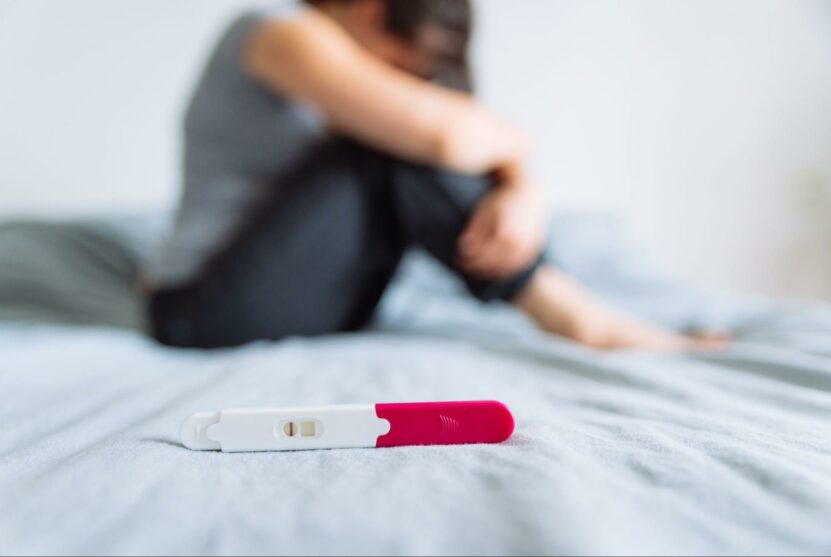August 31, 2024
Coping with Infertility Stress: Strategies for Emotional Wellbeing

Infertility can be an intensely emotional journey, often accompanied by stress, anxiety, and a rollercoaster of other feelings. At Island Reproductive Services, we understand the emotional toll that infertility can take and want to offer support and strategies for managing these challenges.
Understanding Infertility Stress
The stress associated with infertility is unique and can manifest in various ways:
- Emotional responses: Feelings of sadness, anxiety, anger, guilt, or loss of control are common.
- Relationship strain: Infertility can put pressure on partnerships and affect intimacy.
- Social challenges: Navigating social situations, especially those involving children or pregnancy announcements, can be difficult.
- Financial stress: The cost of treatments can add another layer of worry.
Coping Strategies
1. Speak with a Fertility Specialist – Uncertainty can cause anxiety. Speaking with a specialist who can explain testing and clarify your situation can help to relieve a lot of anxiety and uncertainty.
2. Seek Professional Support – Consider speaking with a mental health professional who specializes in infertility. They can provide coping tools and a safe space to express your feelings.
3. Practice Self-Care
- Prioritize activities that bring you joy and relaxation.
- Maintain a balanced diet and regular exercise routine.
- Ensure you’re getting enough sleep.
4. Communicate Openly with Your Partner
- Share your feelings and listen to your partner’s concerns.
- Remember that you may cope differently, and that’s okay.
- Plan activities together that aren’t focused on fertility.
5. Join Support Groups – Connecting with others who understand your experience can be incredibly validating and provide practical coping strategies.
6. Mindfulness and Relaxation Techniques
- Try meditation or deep breathing exercises.
- Practice yoga or gentle stretching.
- Explore journaling as a way to process your emotions.
7. Set Boundaries
It’s okay to decline baby showers or limit time on social media if these cause distress.
8. Stay Informed, But Know Your Limits
While it’s important to understand your treatment options, constant research can increase anxiety. Set boundaries on how much time you spend reading about infertility.
When to Seek Additional Help
If you’re experiencing any of the following, it may be time to seek additional support:
- Persistent feelings of sadness or hopelessness
- Difficulty concentrating or completing daily tasks
- Changes in appetite or sleep patterns
- Loss of interest in activities you usually enjoy
- Thoughts of self-harm
Remember, seeking help is a sign of strength, not weakness.
At Island Reproductive Services, we believe in treating the whole person, not just the medical aspects of infertility. Our team is here to support you through every step of your journey. While the path may be challenging, many individuals and couples find that with the right support and coping strategies, they can navigate this difficult time and maintain hope for the future.
If you’re struggling with the emotional aspects of infertility, don’t hesitate to reach out. We’re here to listen, support, and guide you towards the resources that can help.

